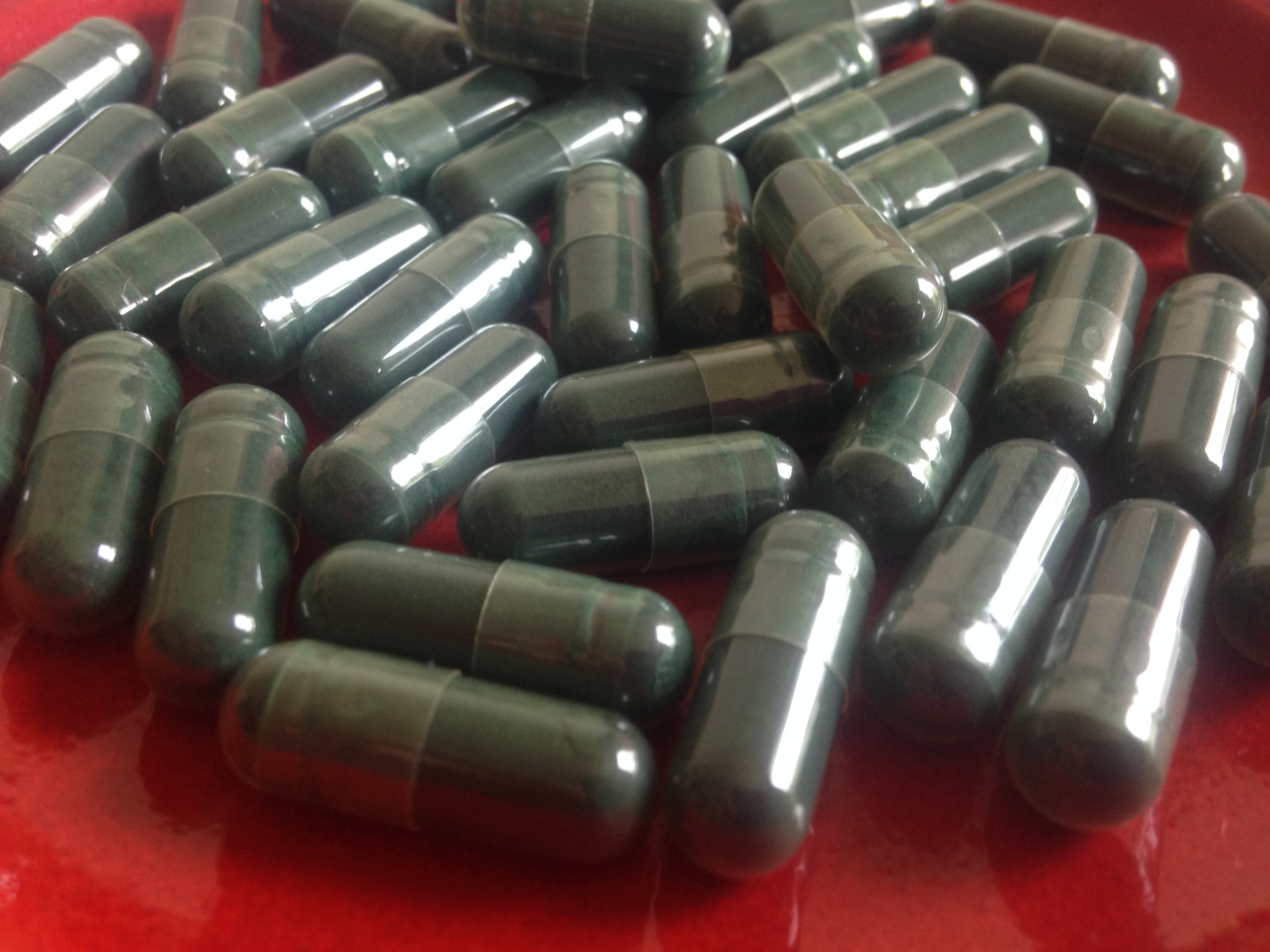
Spirulina is algae that existed billions of years ago. The Aztecs recognized the Spirulina’s health benefits and ate Spirulina before the Spanish conquistadors. People in Africa have consumed the Spirulina for centuries.
Spirulina flourishes in natural alkaline lakes. Spirulina grows in ponds for human consumption.
Over 25000 species of algae live on the surface of the Earth. Blue-green algae like spirulina are the most primitive. They only divide; they do not sexually produce.
Spirulina’s health benefits
Spirulina is known as a superfood. Algae contain concentrated nutrients that are vital to the human body.
Spirulina as the source of proteins
Spirulina has a high amount of protein compared with natural food, easily digestible. Additionally, Spirulina does not have rigid walls in its cells. It is essential for people who have digestion problems.
Spirulina is a source of vitamins
Spirulina is a source of vitamins. Vitamin A is ten times more concentrated in Spirulina compared with vitamin A found in carrots.
Vitamin A is essential for vision, maintaining mucous membranes, and reducing serum cholesterol. According to Robert Henrikson, author of Earth Food Spirulina, beta-carotene or vitamin A reduces risks for all types of malignant diseases.

Vitamin B-12 and B vitamin complexes are in the structure of Spirulina. B vitamins balance the body’s metabolism, participate in the nervous system, keep the vision in check, participate in enzyme work, maintain the skin healthy, and help create DNR.
Spirulina is a source of iron
Spirulina contains iron. Iron anemia is typical for children, women, and the elderly. The form of metal in Spirulina is easily absorbed. According to Robert Hendrikson, Spirulina is 60% better absorbed than other iron supplements.
The spectrum of Spirulina’s activity
- The Spirulina normalizes the gut flora
- Spirulina prevents free radicals.
- Spirulina stimulates macrophages which fight against malignant cells
- Spirulina creates an alkaline environment in the body
- Spirulina strengthens the body’s immune system
- Spirulina prompts healing processes after accidents and bone breakage.
- Spirulina enriches the human body with vital nutrients
- Spirulina is helpful for people with a physical load to bear and who have lost appetite and weight.
Spirulina’s health benefits in Japan
Spirulina is recognized as a nutritional supplement in the United States. Spirulina can not be claimed as the thing which heals people.
Japanese and Mexicans have different approaches. There researched Spirulina’s benefits and healing effects.
Chronic diseases, especially those with a history of malnutrition, disappear or become less annoying after Spirulina’s consumption.
In the book Spirulina what it is…the Health Benefits It Can Give You, the author Joseph Challem lists chronic diseases where Spirulina played a critical role as the promoter of self-healing.
Some of these diseases have been studied in Japan and recorded in prestigious medical journals.
Spirulina’s health benefits when chronic diseases occur
They are diabetes, anemia, liver disease, ulcers, pancreatitis, visual complaints, leukocyte loss prevention, and allergies.
Japanese use Spirulina to relieve symptoms of heavy metal poisoning. Spirulina helps remove toxins from the body.
Spirulina is an excellent source of nutrients. Spirulina can be quickly grown and serve as food for starving countries. Spirulina’s health benefits allow the body to flourish. Who knows, maybe someday we can grow Spirulina in our backyards.
Disclaimer
Articles and blogs on the website www.treatforlife.com are based on research done by the author. The information on this site is not intended to replace a one-on-one relationship with a competent and qualified healthcare professional. Blogs and articles are for informational purposes only. It is up to you to make your own decisions about your health.